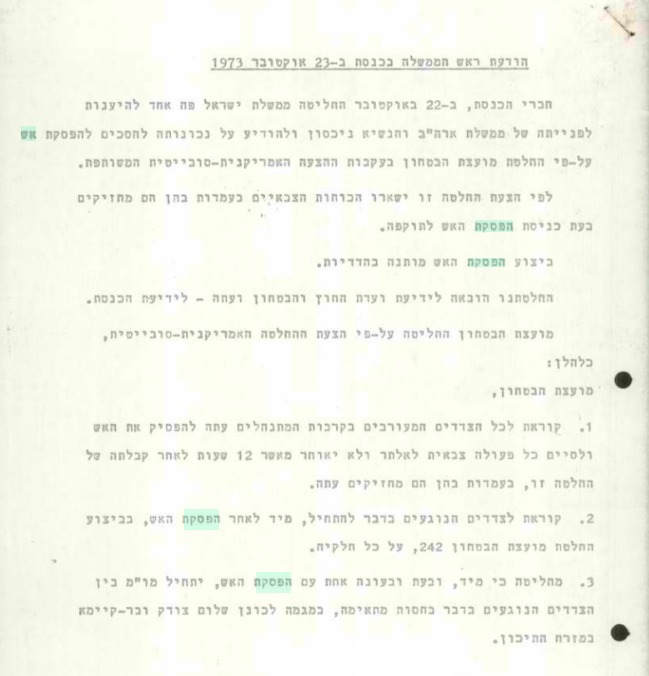50 years since the Yom Kippur War | Dayan reports to the government: "The Arab threat is much higher than we estimated"
Protocols revealed by the State Archives on the occasion of the 50th anniversary of the Yom Kippur War show the intelligence failures presented to the heads of the leadership as well as the astonishment that gripped them when the war broke out during the government meeting
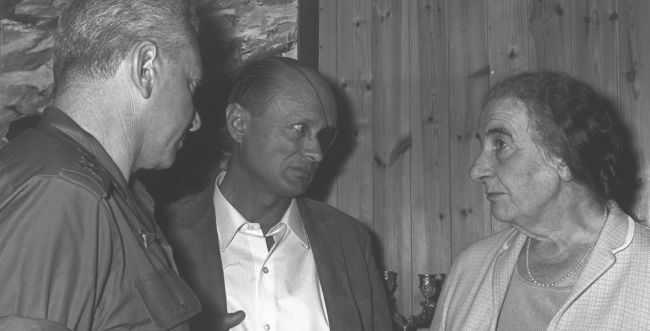
50 years since the Yom Kippur War, today (Thursday), the State Archives publishes thousands of photos, documents, recordings, and records that tell the story of the difficult war, the warnings issued before its outbreak, the indifference that gripped the country's leaders, security consultations, government meetings, and other materials.
Much has been said about the lack of understanding by those in leadership regarding the ongoing and approaching war. The exposed protocols emphasize the insights and show that despite the warnings given, decision-makers delayed in preparing the territory for the war and relied on the IDF as an invincible army.
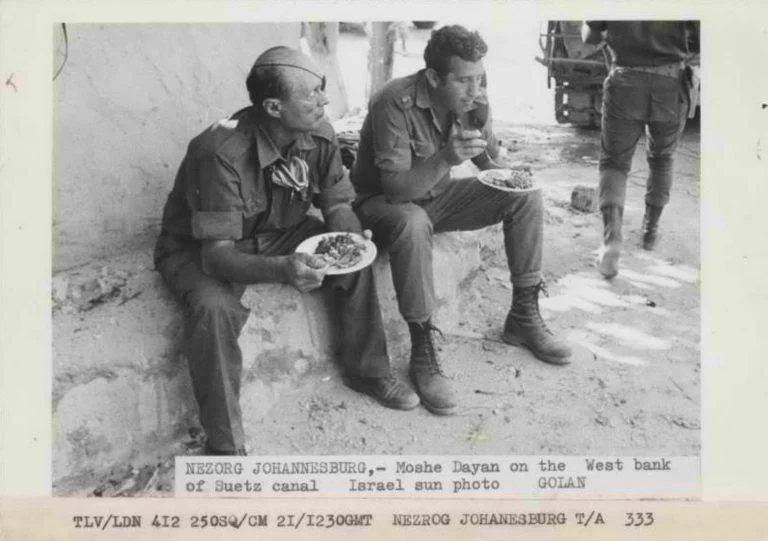
On October 3, 1973, three days before the war, a military and political consultation was held at the office of Prime Minister Golda Meir. In a report presented by Arie Shalev, head of research at Aman (Military Intelligence Directorate), it was stated that "Syria's intentions to open a short-term war are well known to us."
"I don't see the danger as concrete for the near future"
Chief of Staff David (Dado) Elazar dismissed the concerns and said, "At this stage, I don't think we are facing a joint Egyptian-Syrian attack. There are joint plans, they always were. A joint attack by them is, of course, possible, but it depends on the political and military situation. It could happen one day, but I don't see the danger as an immediate one."
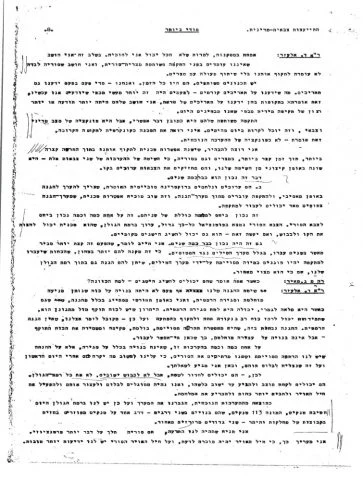
On the morning of the day of the war, a government meeting is held. Reports of the forced evacuation of women and children by the Russians in Russia and Egypt indicate that the Arabs are planning an attack on Israel. The conclusion of those present is that the attack will begin at nightfall, right after Yom Kippur. Moshe Dayan tells the participants, "It is clear that the headquarters wants us to initiate a preventive strike before they open fire on us, but the Defense Minister still declares: 'Until they open fire, even if we see and know that they are preparing all of this for us, we will not be the first to open fire in the war.'"
As the meeting was concluding, sirens were heard going up and down. Afterward, Lieutenant Colonel Israel Lior, the military secretary of the Prime Minister, entered and reported, "It's already starting, and there are escalations in Syria. The Syrians have opened fire."
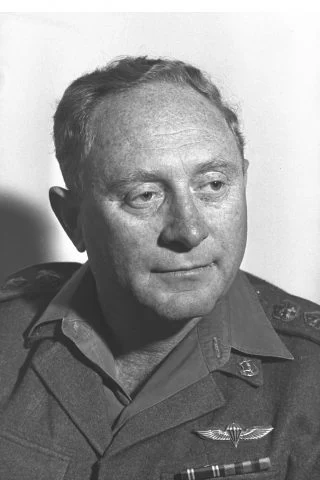
"We have a very difficult war, difficult battles"
At the same time, the Prime Minister was concerned about the situation in the political struggle against the Arabs and their supporters who sought to portray Israel as the aggressor in the attacks on Syria and Egypt. During the meeting held towards the end of the day, right after Yom Kippur, Golda Meir reacted strongly to the statements made by Mobutu Sese Seko, the President of Congo, who suggested that there might be no choice but to sever relations with Israel: "From Mobutu, it's truly demeaning; there's no better word for it. What haven't we done for his country and for him? If he has an army, it's all thanks to us. And just a few days ago, he requested that officers who were about to return home stay with him."
In the government meeting held the following day, on October 7th, a tense atmosphere prevailed. The Chief of Staff opened his remarks and told the cabinet members, "We are in the containment stage, and it is indeed a difficult stage. We are facing a very tough war, and the battles are hard. It has become clear that the Egyptians have achieved somewhat more, but they have exhausted themselves, and their progress has been hindered. On the other hand, the Syrians succeeded in breaking through significantly during the last hours of the night."
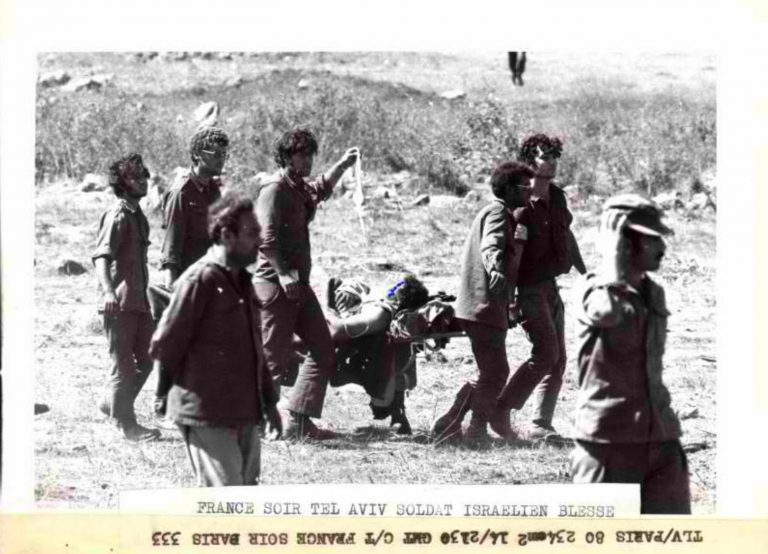
In another meeting held on the same day, towards evening, Defense Minister Moshe Dayan confessed, "I want to confess that my assessment before this war was much lower in terms of how the Arabs would fight and much higher in terms of our capabilities in relation to the existing forces. The results we are seeing now in the battle show that the Arab fighting is much stronger than we anticipated, and our ability to cope with the unfavorable balance of forces is not yielding the expected results."
The crossing of the canal and the cease-fire agreement were successful
Operation "Abirei Lev" was a turning point in the war in which the IDF initiated a series of battles with the aim of successfully opening the Suez Canal and occupying the territory to its west, culminating in the defeat of the third Egyptian army. From the exposed protocols, it is revealed that in a special discussion held three days before the operation, Chief of Staff Elazar expressed concerns about whether this action would collapse the Egyptian army and contribute to the desired ceasefire from his perspective.
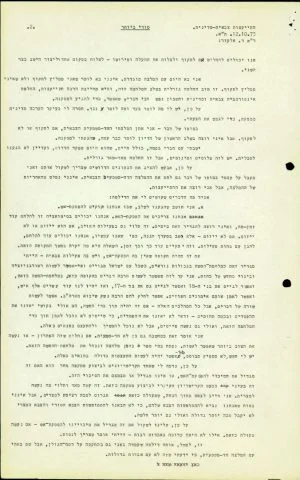
In a report provided by Lieutenant General Israel Tal, Deputy Chief of Staff to the Prime Minister during the middle of the battle, said that "the Egyptians have not yet figured it out, we have deceived them and their attention is diverted there. We were lucky, and our artillery held up under heavy fire. In war, it's impossible to know; this could be a decisive operation unlike any other." The successful completion of the canal crossing operation was a significant turning point in the war.
On October 24, the ceasefire came into effect.
